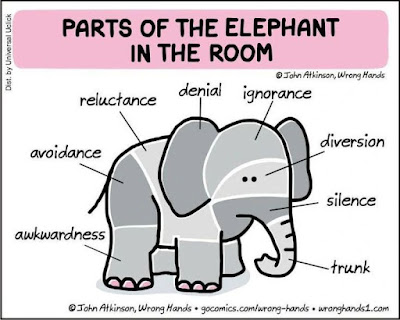 |
Photo Credit - Pixabay |
In the 80s, 90s and 2000s benchmarking was a big part of organization strategy. The approach was to copy excellence of the industry leaders and apply them to your own organization. There were mixed results for sure.
Those who tout the virtues of benchmarking are a kind of copycat. Most of the time the benchmarking exercise doesn't yield the kind of results that are expected. That is because of the difference in the key factor - people. By people I include all levels, particularly the leadership. While the skills of people from Organization A may be similar to those in organizations that it is trying to benchmark against (even though they are in the same industry), the mindsets will be different, and therefore, the way that variations in methods are applied would be different. This means that their organizations' cultures would be different.
This is also the reason why top performers from one organization don't always do as well in another organization they move to, even though the industry and business is the same.
Even if there are positive results, they don't really do much to make the organization stand out i.e. distinguish itself from it's competition. Customers are not going to be in a hurry to come to you if you are offering services or products that are commoditized.
 |
| pexels-maksgelatin-4412924 |
In the current adoption of AI scenario, we see similar attempts to incorporate AI into the organization without sufficient thought (beyond costs) of the possibilities and probabilities of long-term multiple -layer benefits. This will eventually lead to the feeling of sameness. Today, some of us are able to tell when a document (email / report / presentation) has been written by AI.
What might happen if the organization were to reverse benchmark? Have a look at the short clip that inspired this short piece.
Definitely food for thought for me- please share yours.
Perhaps this Reverse Benchmarking might help us make better choices when choosing how to apply AI at work or in our lives.










